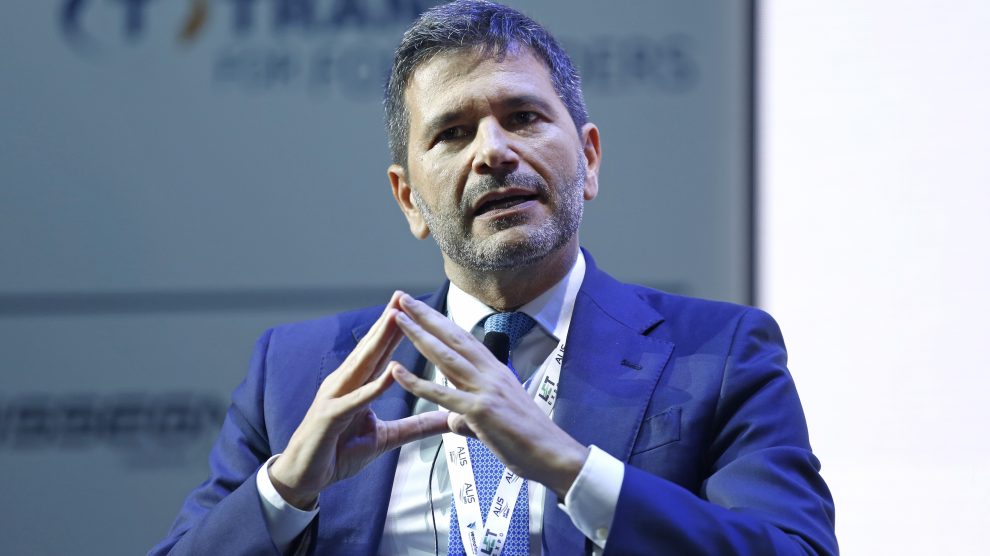The Italian infrastructure push. Amidst increasing global tensions and disruptions in value chains, Italy is stepping up its role in international geopolitics by focusing on constructing and managing key infrastructure corridors.
- Ambassador Pasquale Salzano, President of Simest and Director of European and International Affairs at the Italian National promotional institution Cassa Depositi e Prestiti (CDP), emphasised this in a recent piece in the Italian monthly magazine Longitude.
- SIMEST is a company of the Cassa Depositi e Prestiti Group that supports the growth and competitiveness of Italian companies operating abroad.
- These efforts aim to mitigate risks and ensure resilience in supply chains, particularly those critical for renewable energy and advanced semiconductors. Italy’s strategic geographical position is leveraged to enhance connectivity and economic competitiveness.
- The COVID-19 pandemic, the Ukraine conflict, and tensions between major powers have significantly impacted global trade. Shipping disruptions through critical routes like the Bab-el-Mandeb and the Suez Canal have highlighted the fragility of infrastructure.
The trade strategy. Salzano observed that nations, particularly Italy, are adopting strategies like reshoring and near-shoring to diversify and regionalise trade and align more closely with geopolitically stable partners in response to this.
- A seasoned diplomat and former Ambassador to Qatar, Salzano has been instrumental in shaping Italy’s foreign policy and economic strategies. His expertise is crucial in driving initiatives like the Mattei Plan for Africa, which aims to strengthen ties between Europe and Africa through strategic investments.
- “These events have exposed infrastructure fragility, prompting a gradual restructuring of global value chains,” wrote Salzano.
Increasing global connectivity. By investing in sustainable infrastructure and fostering strong commercial ties with Africa and other regions, Italy ensures the stability and growth of global value chains, solidifying its position in global geopolitics and economic development.
- Salzano referenced the European Union’s Global Gateway initiative and the US Infrastructure Investment and Jobs Act as part of broader efforts to improve global connectivity and the G7’s Partnership for Global Infrastructure and Investment (PGII), which further underscores the commitment to sustainable infrastructure.
- Holding the G7 Presidency, Italy is at the forefront of these developments, promoting projects that enhance regional integration and support Mediterranean ports.
- Furthermore, Italy’s ports in the Mediterranean and the Balkans are becoming central hubs for trade, capitalising on the Italian geography’s logistical advantages.
- “Italy, through its leadership in the G7 and initiatives like the Mattei Plan, has positioned itself to play a pivotal role in shaping a more resilient international economic order,” Salzano highlighted.





